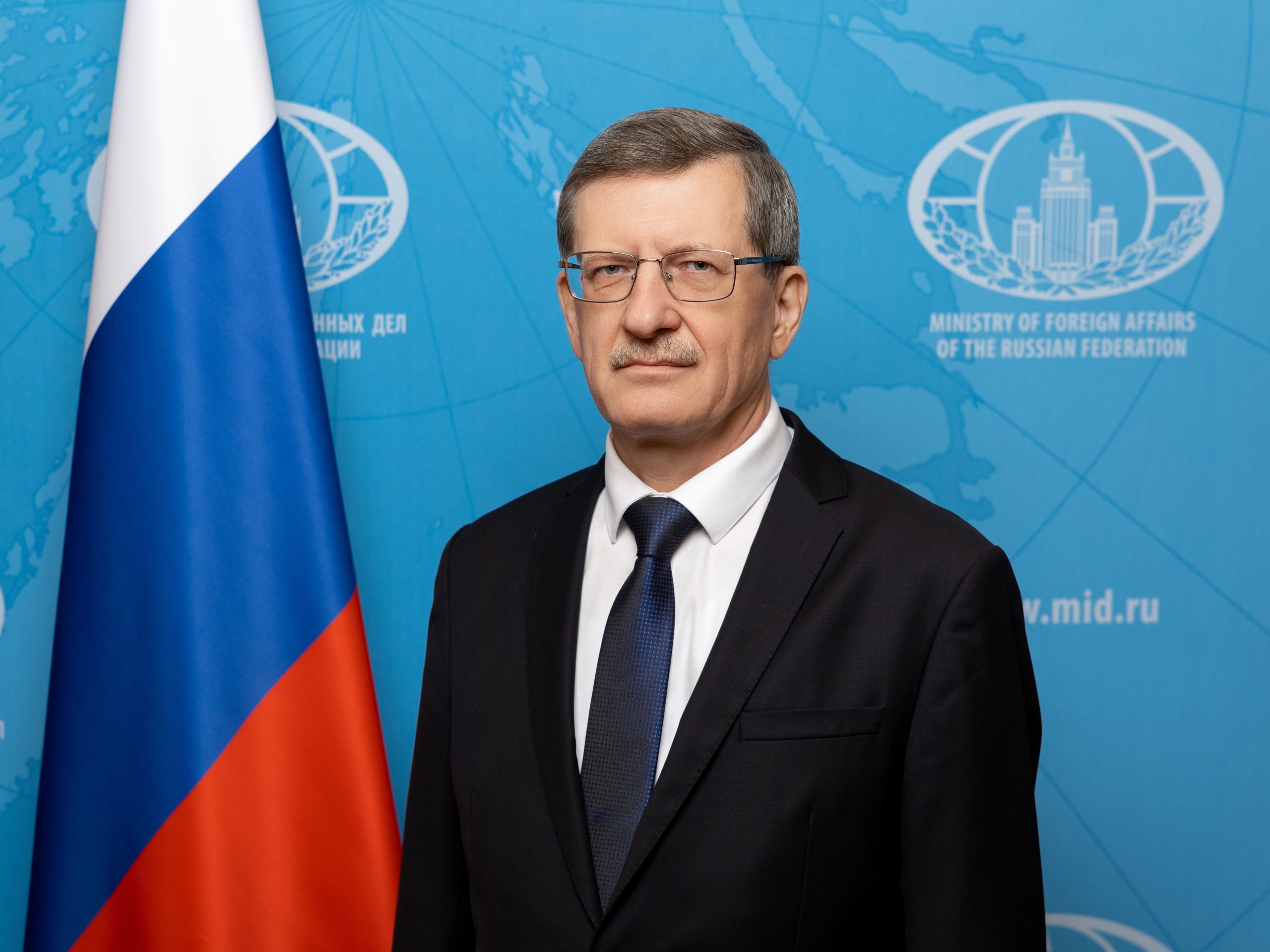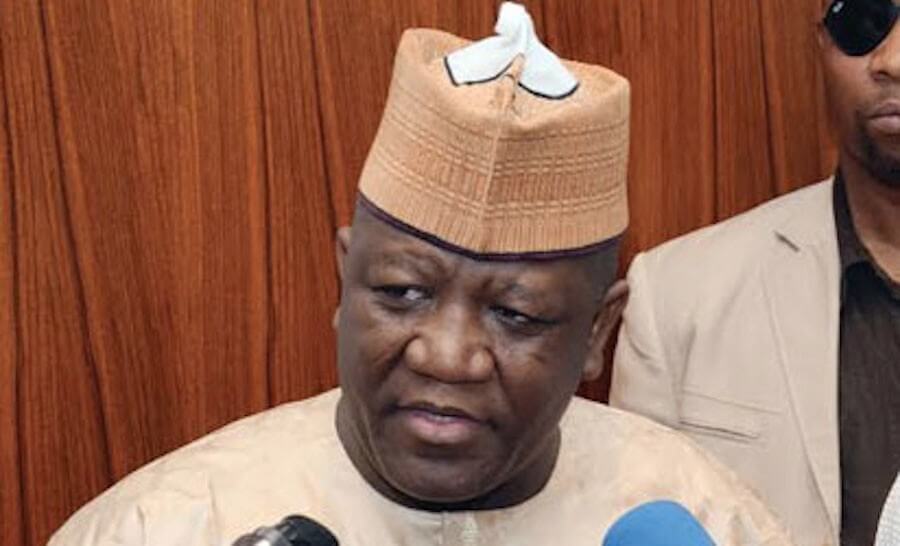The Cross River State Government has unveiled a comprehensive blueprint for economic transformation, urging investors, particularly from the African diaspora, to tap into the state’s vast potential in agriculture, tourism, and infrastructure.
The appeal was made during the Global United Christian Congress of Africa and the Diaspora (GUCCAD) Investment Forum, held in Calabar on Wednesday, where the state assured prospective investors of security, stability, and high returns.
Delivering the keynote address, Governor Bassey Otu underscored Cross River’s strategic advantages, citing its expansive 20,156 km² land area, a population of 4.4 million, and what he described as a “near-zero crime rate.”
“With our serene environment and abundant resources, Cross River State is an ideal investment hub,” Otu said.
He highlighted opportunities across key sectors, particularly agriculture, where the state’s climate supports large-scale cultivation of cocoa, palm oil, rubber, and rice.
The governor also unveiled plans to expand the state’s forest reserves by 50% within three years, reinforcing Cross River’s “Clean and Green” commitment.
On mining and renewable energy, Otu identified the availability of granite, limestone, barite, and manganese, and invited investors to explore opportunities in mineral extraction and green energy component manufacturing, including solar panel production.
He further spotlighted major infrastructure projects such as the proposed Bakassi Deep Sea Port and the ongoing Obudu Cargo and Passenger Airport as transformative ventures capable of redefining the state’s economic landscape.
In the tourism sector, the governor called for private investment through Public-Private Partnerships (PPP) to revitalise key attractions like the Obudu Mountain Resort, Tinapa Business Resort, and Carnival Calabar.
Reinforcing the governor’s vision, Vice Chairman of the Cross River State Planning Commission, Dr. Bong Duke, made a compelling case in his presentation titled “Invest Cross River.” He outlined a three-pillar strategy aimed at driving sustainable economic growth.
The first pillar, “Agro-Industrial Revolution,” promotes investment in value-added processing, linking foreign investors with local farmers. “We want our cocoa to leave our shores as chocolate, not as raw seeds,” Duke emphasized.
The second pillar, “Aviation and Tourism: The Gateway Experience,” focuses on enhancing the Calabar International Airport and creating a logistics park. Duke also announced the launch of two new Cally Air aircraft, describing it as a “significant milestone” for the state’s aviation sector.
The third pillar, “Auxiliary Industries,” encompasses renewable energy, healthcare, education, and the digital economy.
He pointed to the lack of an International Baccalaureate school in southern Nigeria as a major investment opportunity.
To streamline investor engagement, Dr. Duke assured participants of a seamless process through the state’s “one-stop investment shop,” pledging government support from conception to operation.
“Do not send remittances. Send your ideas,” Duke urged. “Do not just build houses, build industries. Let us move from the diaspora narrative to the developer narrative.”
Prof. Ijeoma Nwosu, Chairman of GUCCAD, commended the state’s commitment and hospitality, noting that 18 nations were represented at the forum. He predicted that participation would double by the 2026 convention, leading to a surge of diaspora-driven investments.
Similarly, Chairman of the Cross River State Diaspora Commission, Mr. Otu Okor, encouraged investors to seize the moment.
“Partner with us in shaping the future of our economy,” he said. “Together, we can build a prosperous and thriving Cross River State.”
The event ended on a note of optimism, with both government officials and international delegates reaffirming their shared commitment to making Cross River a leading investment destination in Africa.






